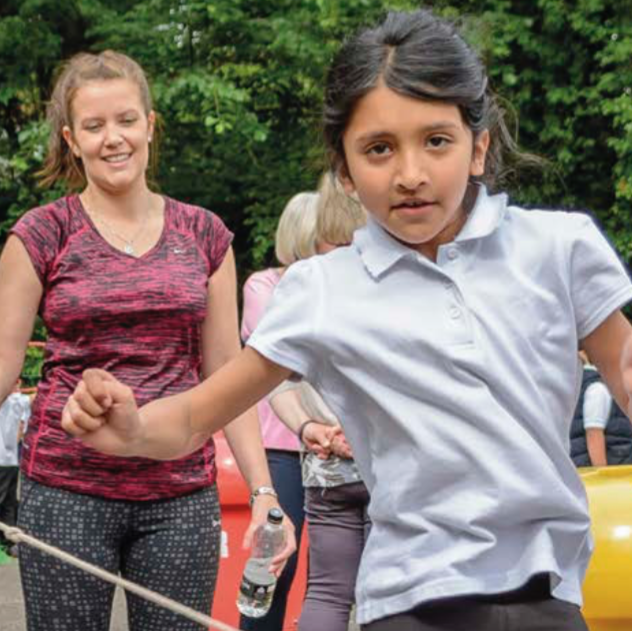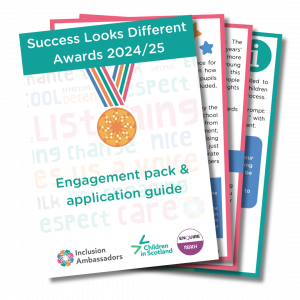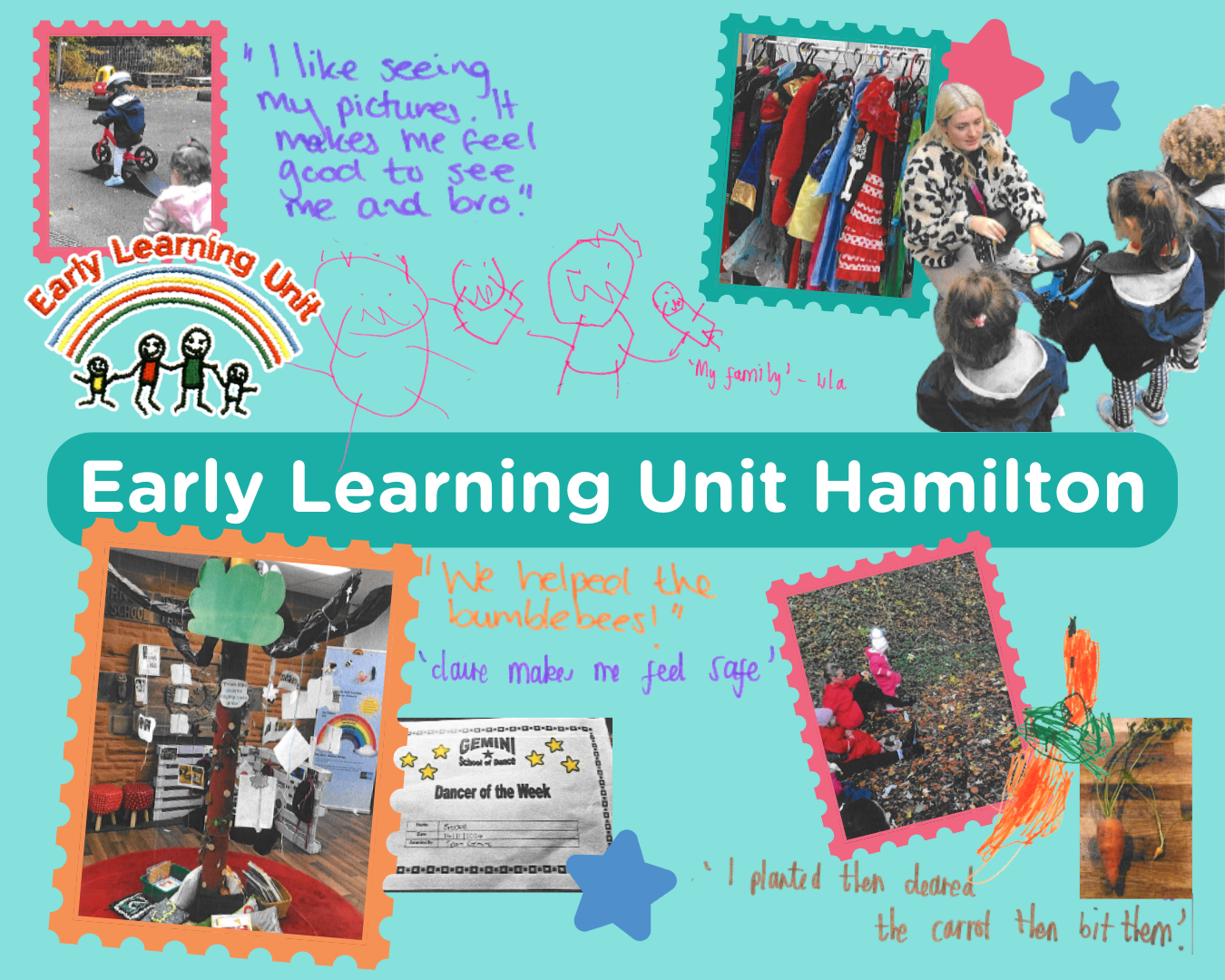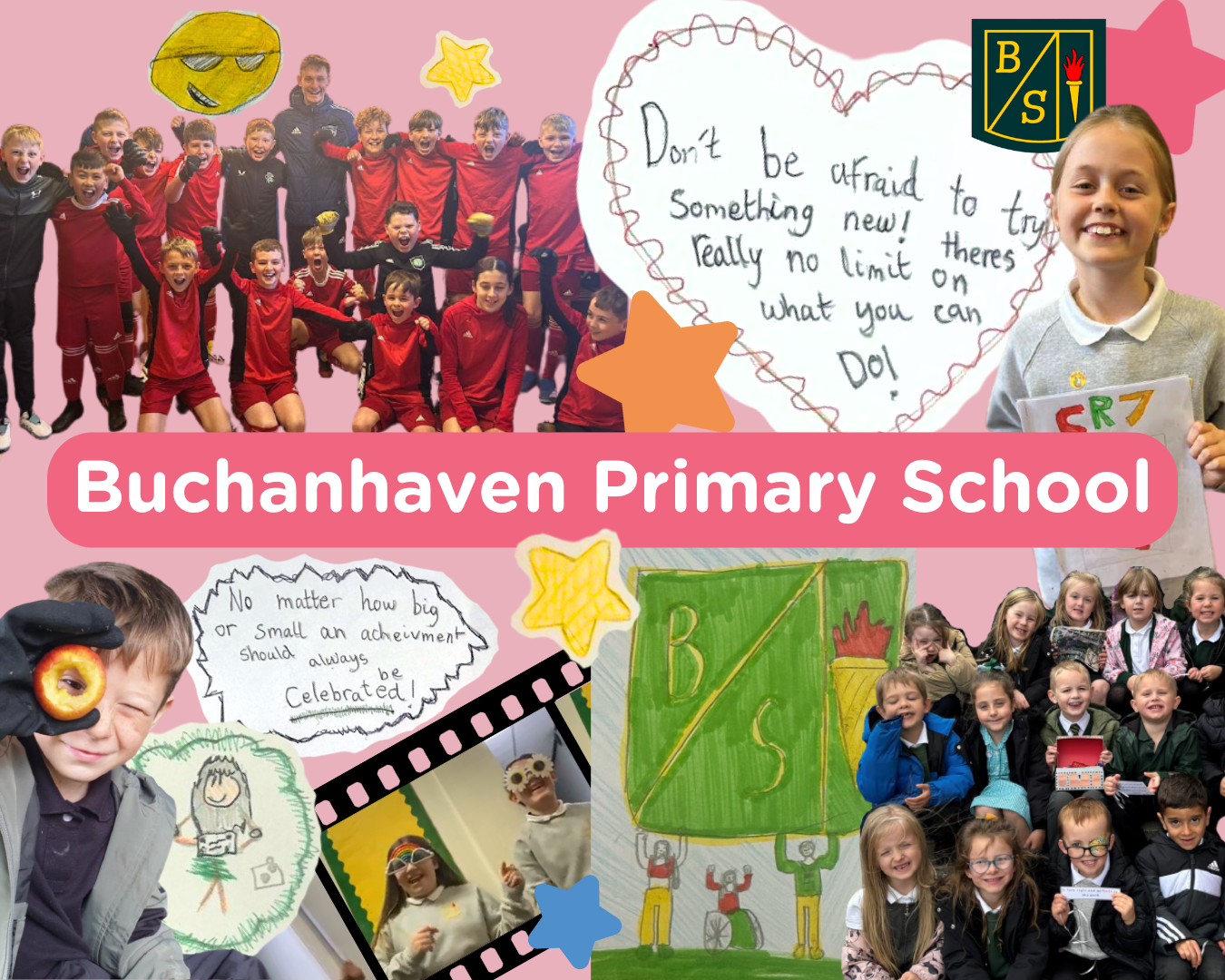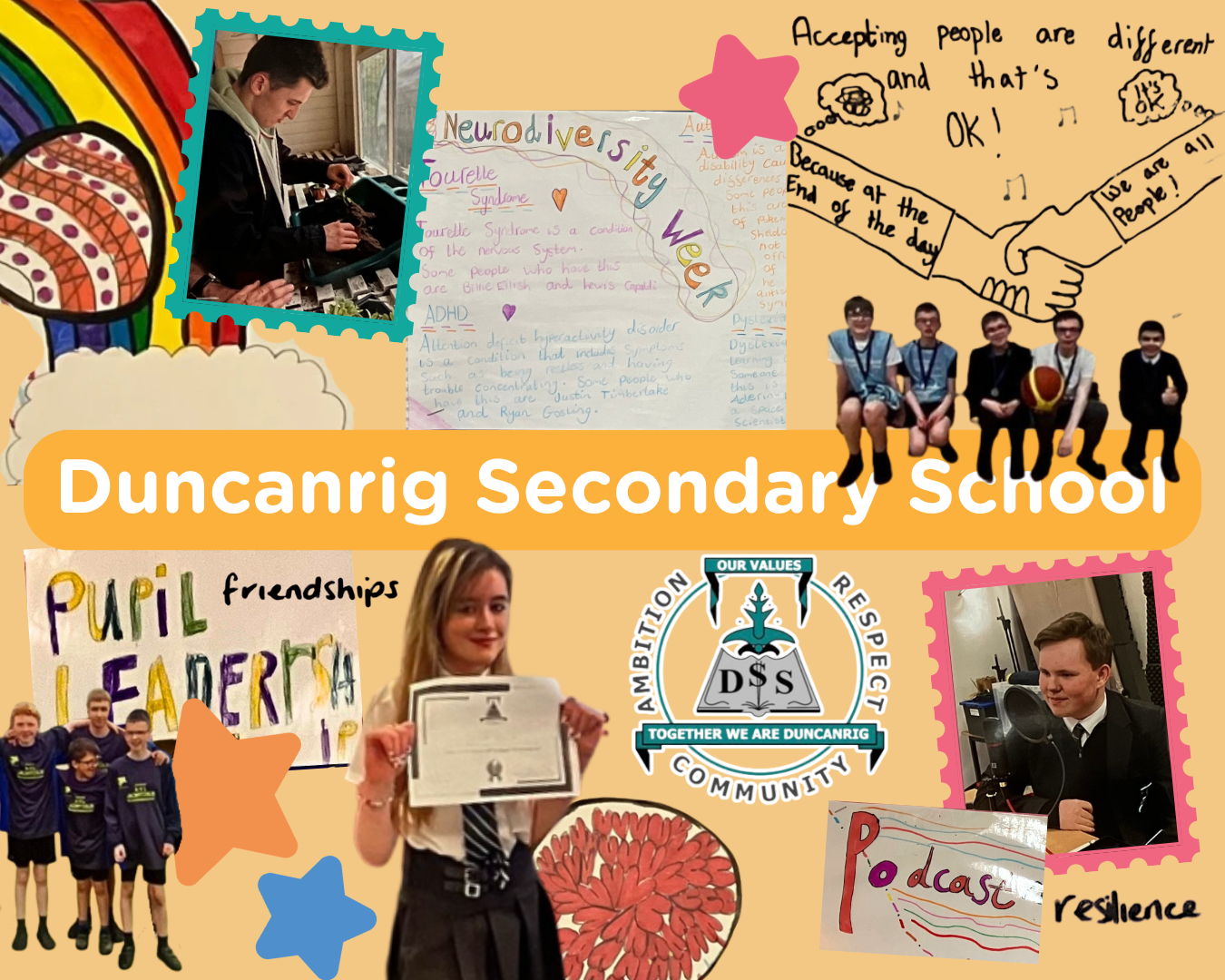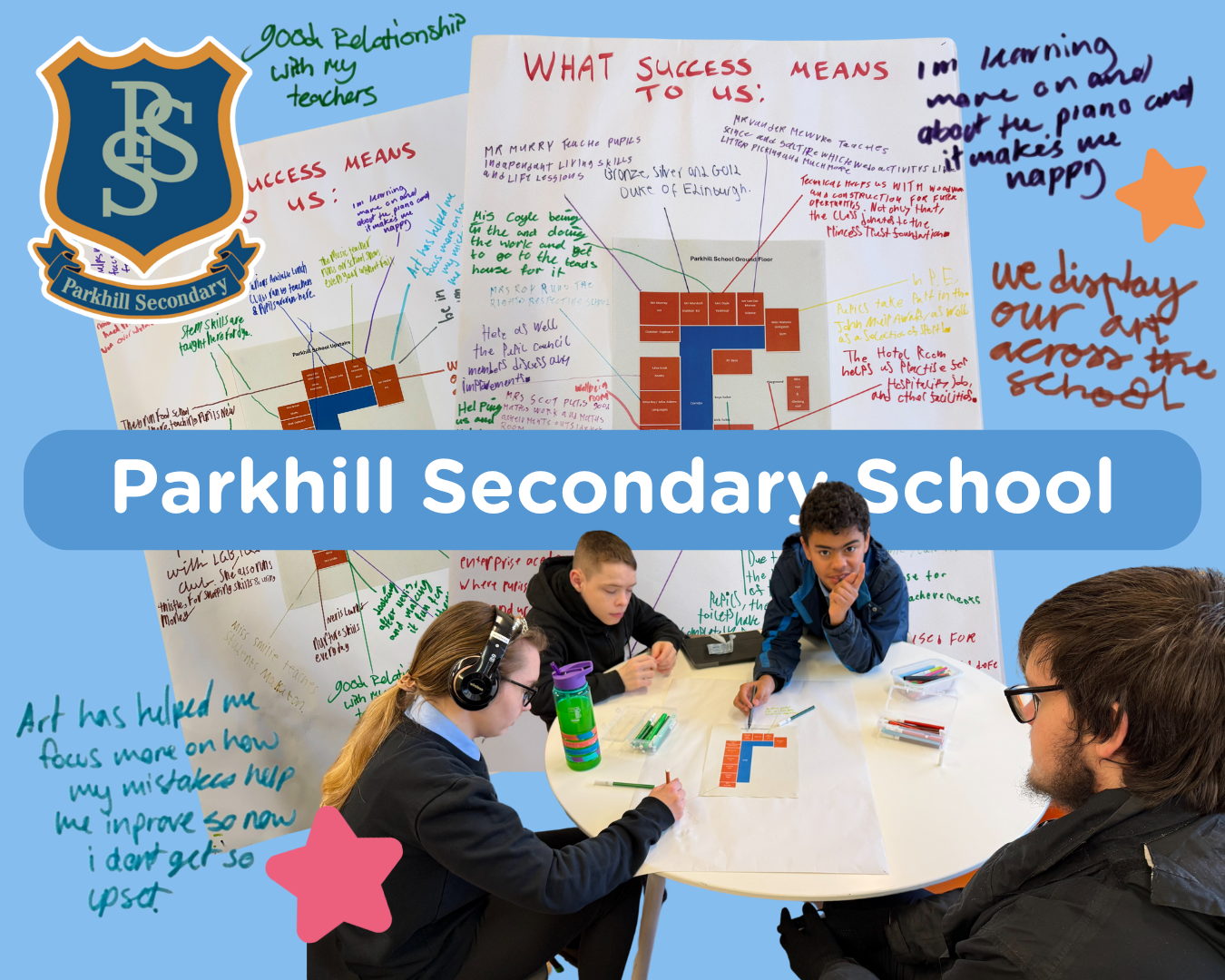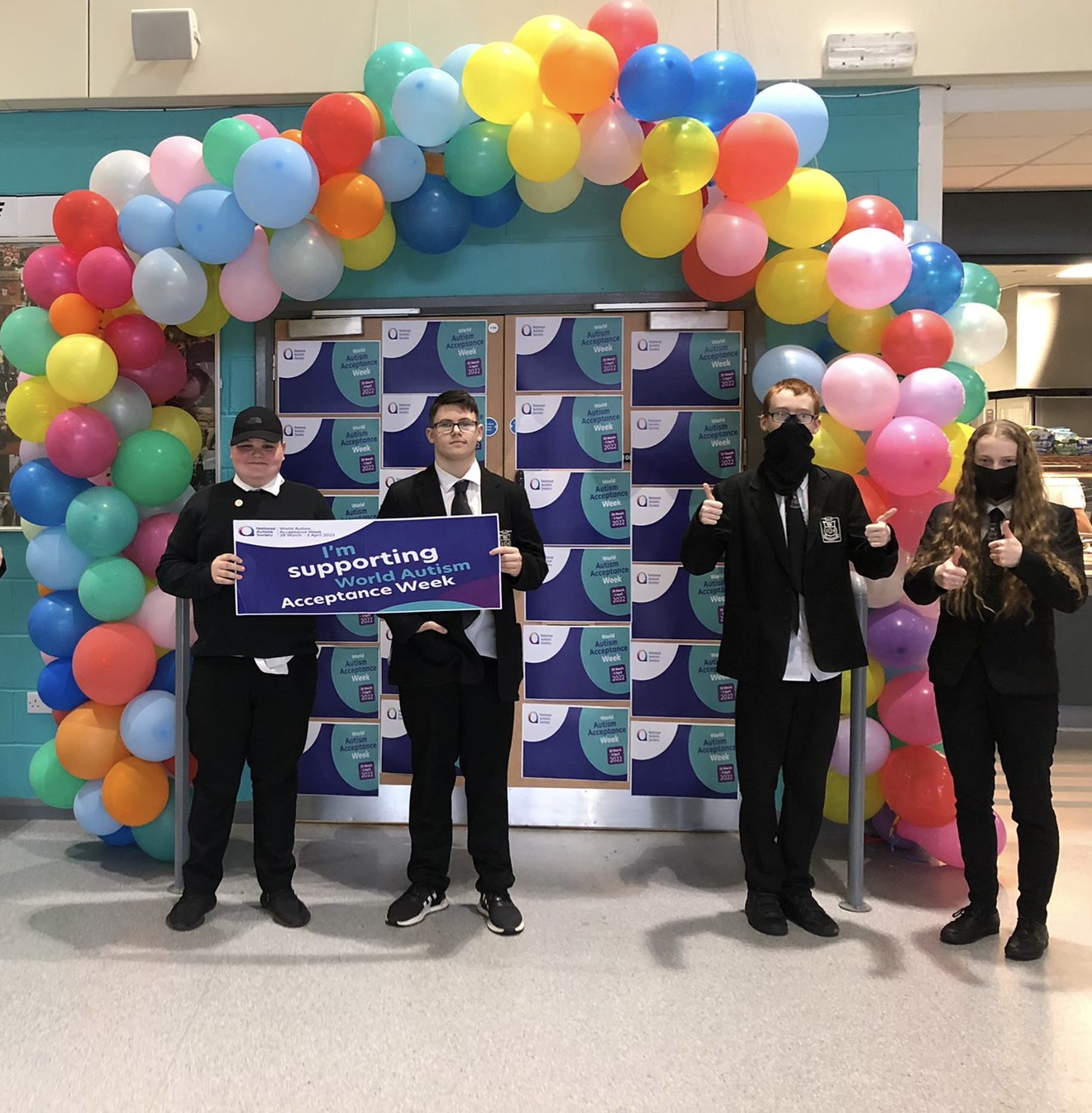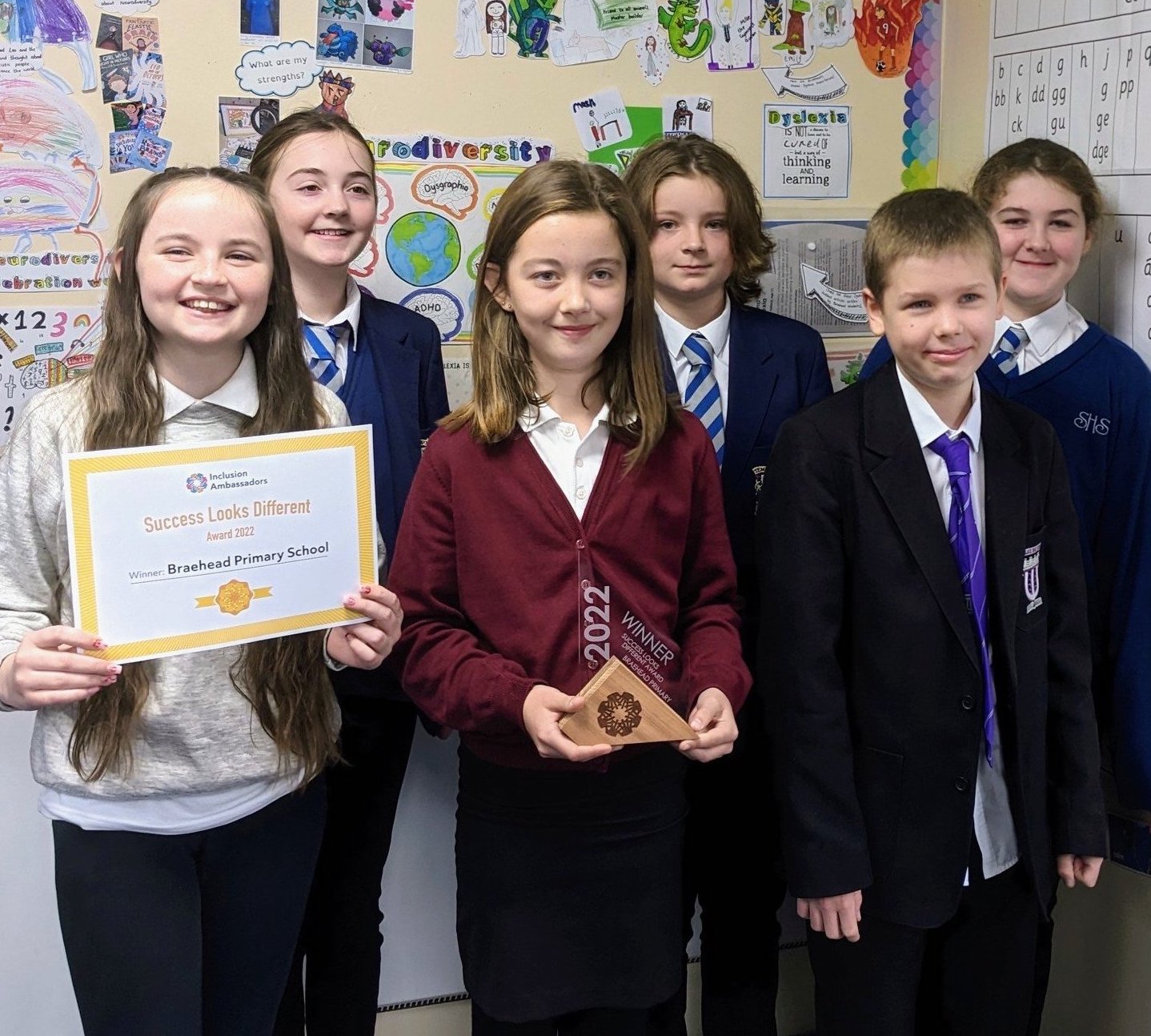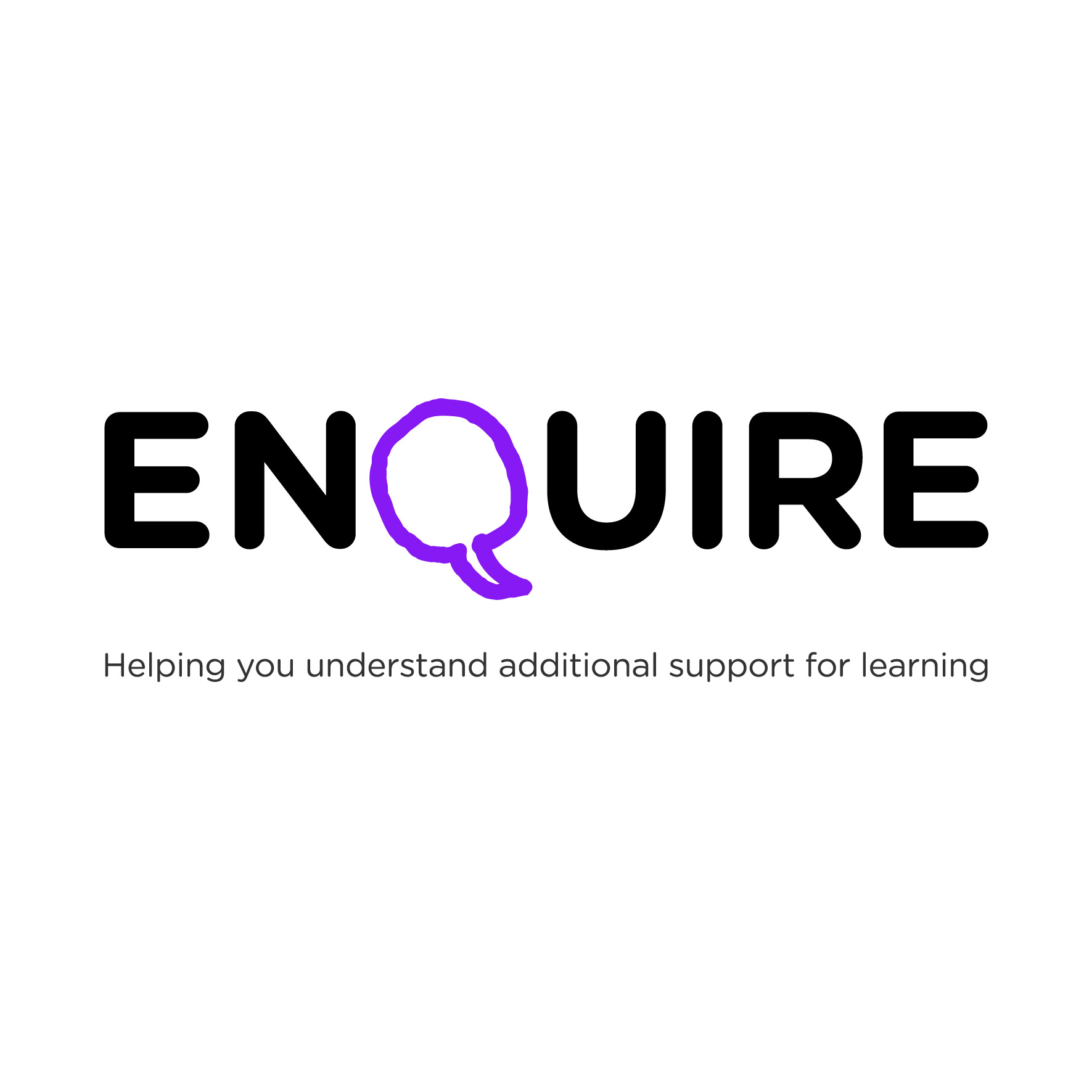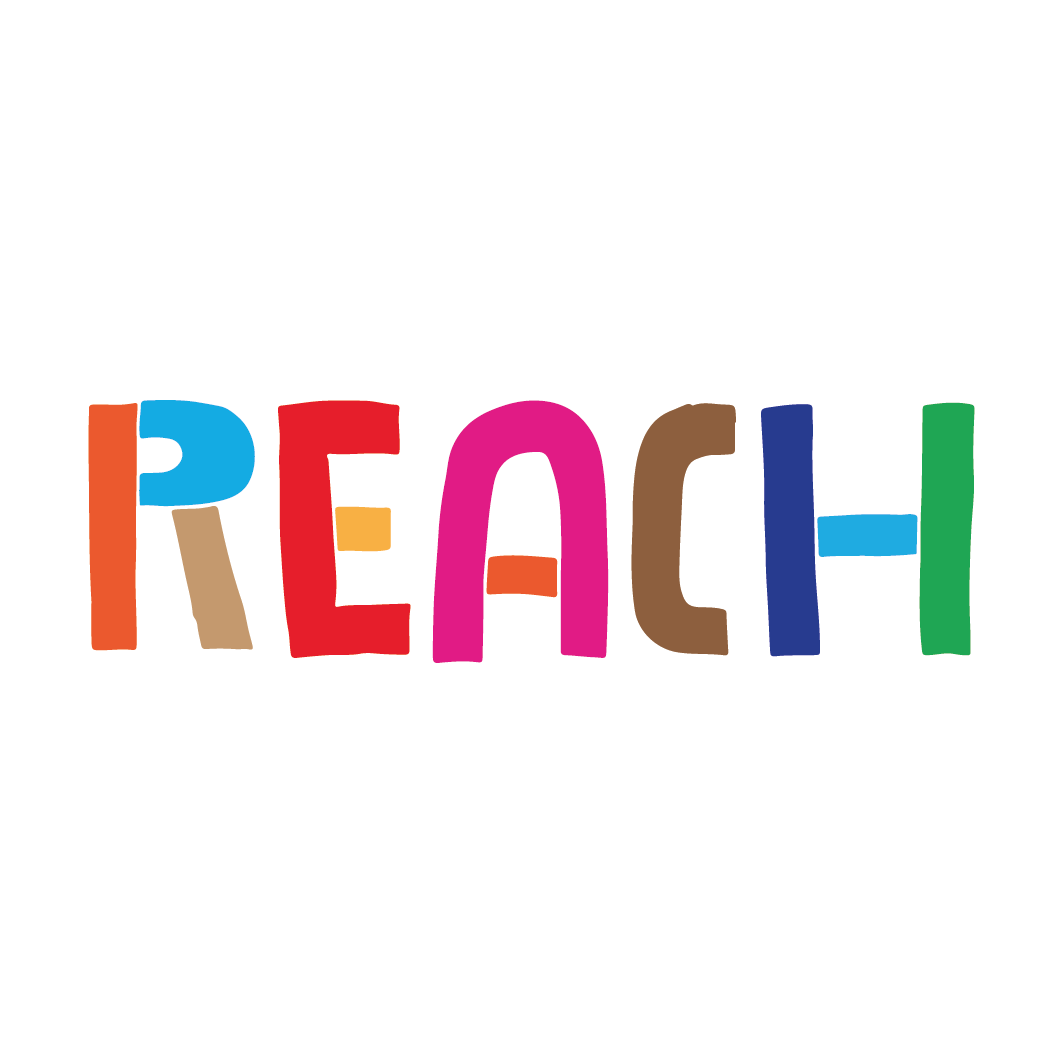Qualifications and assessments 'must prioritise flexibility, individual choice and continuous progress'
12 Jan 2023
There is too much focus on exams and not enough flexibility when it comes to assessments of learning, say the Inclusion Ambassadors.
With secondary school pupils across the country back after the festive break, the Inclusion Ambassadors have identified pressure and a rigid approach to formal assessment as particular problems.
The Inclusion Ambassadors are a group of secondary school-aged pupils who have a range of additional support needs and attend a variety of school provision. The group was established to ensure the views of young people with additional support needs are heard in discussions about education policy.
Their comments come as a response to Professor Louise Hayward’s current Independent Review of Qualifications and Assessments and in the run-up to many secondary school pupils finding out the results of prelim exams sat before Christmas.
Whilst understanding the importance of having a means to track learning and progress, the Inclusion Ambassadors felt the current approach adds stress and detracts from other important aspects of learning.
Referring to their own experiences, they highlight that an ongoing focus on exams can dominate the school experience, particularly in the senior phase.
They also identify exams as being anxiety-inducing and frustrating, with the level of homework and revision required contributing to stress and 'burnout’.
The group also highlighted the need to recognise success outside the exam system. This was the basis of the Success Looks Different Awards, launched last year, which recognised schools who celebrate success and achievements outwith academia.
Acknowledging and supporting this is particularly important to those pupils who do not sit exams or formal assessments.
Chris Ross, Senior Policy, Projects and Participation Officer, who leads the Inclusion Ambassador work, said:
“The Inclusion Ambassadors are clear that the high-pressure environment of formal exams can have a detrimental effect on their health and wellbeing, as well as overall experience of school in their final years.
“We believe the review needs to find a way to not only reform the structure of the system but also change the narrative and perception of what is valued.”
Based on the consultation and feedback from the Inclusion Ambassadors, Children in Scotland has made four recommendations to the review:
- The future of Scottish exams and assessment must prioritise flexibility and individual choice for learners
- Ongoing assessment needs to be prioritised over high stakes exams. This should include opportunities to complete shorter courses that reflect different needs
- Recognition of wider success and achievements needs to be given parity with formal exams
- Schools need to find ways to make the exam process less pressured and reduce the negative impact on children and young people’s wellbeing and health.
Children in Scotland has also submitted a response to the Review. It is informed by work with young people across our projects as well as previous evidence about the effectiveness and appropriateness of the current exam and assessment framework.
Professor Louise Hayward’s Independent Review of Qualifications and Assessment is currently open for public consultation, with a closing date for responses of 13 January, 2023.
Click here to read the Inclusion Ambassador’s response to the Review
Click here to read Children in Scotland's response to the Review

Consultation response
The Inclusion Ambassador's contribute to Professor Hayward's review
Click here to read
Exam revision
The Independent Review is due to report to the Scottish Government in May.
Click here to read more
About the Inclusion Ambassadors
Find out more about the group, their recent activity and ongoing work
Click here to visit their site

Children in Scotland Manifesto 2021-26
Read our calls for change across 10 themes
Click here to find out more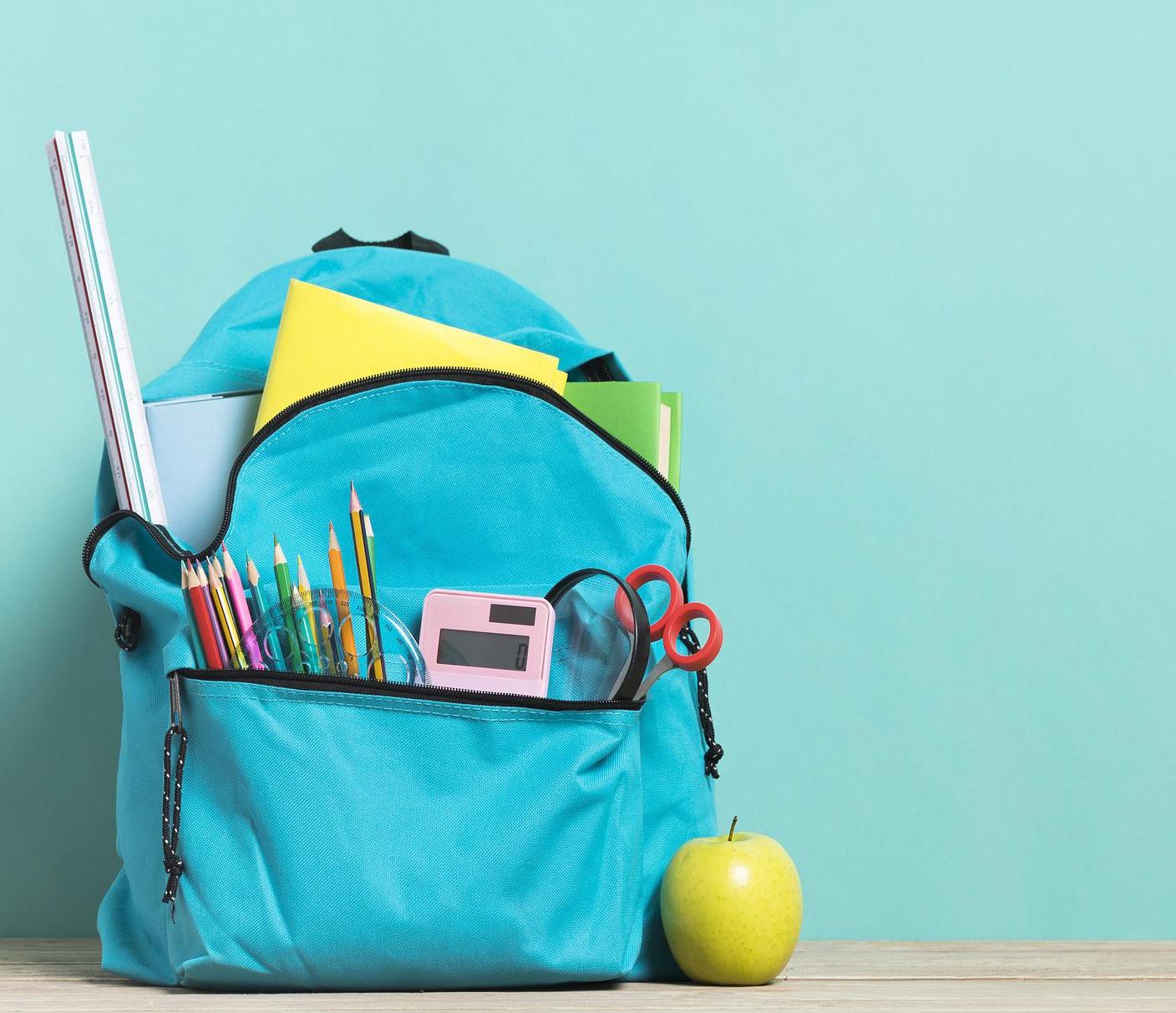
Education system 'needs cultural reform'
News: Children in Scotland contributes to the National Discussion on Education
Click here to read more
